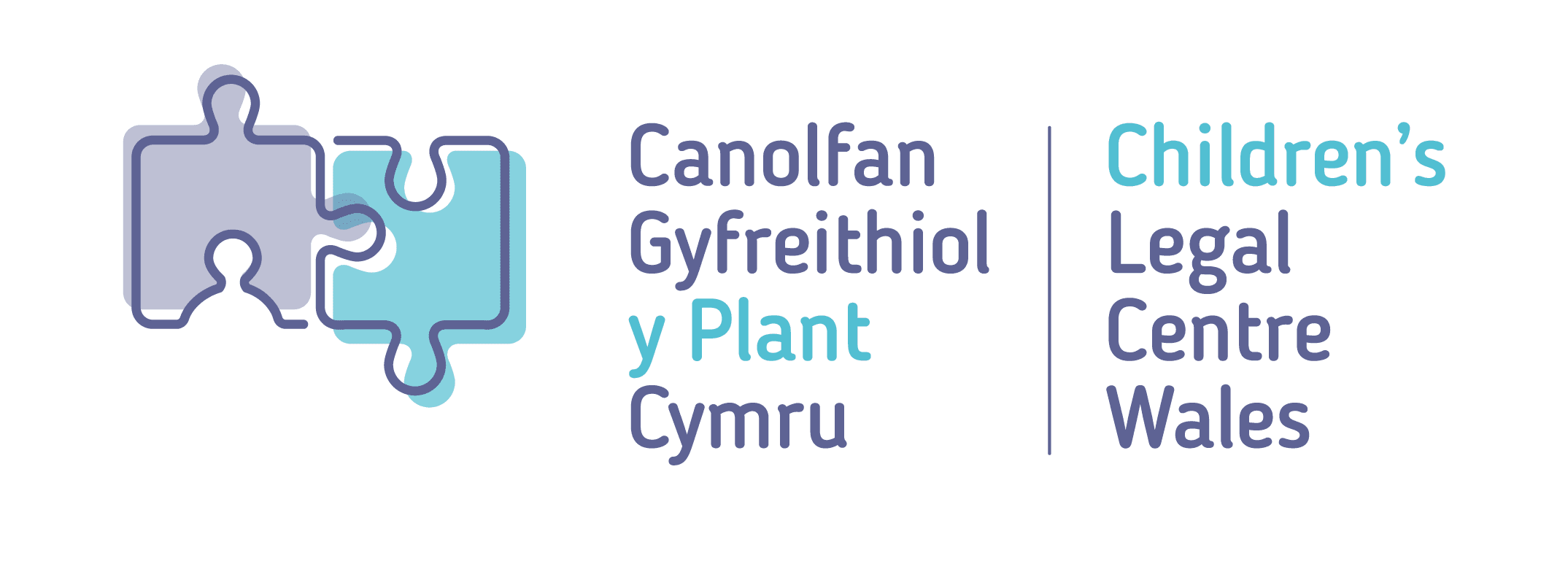TW: Suicide, depression
Are you interested in an engaging story, with a realistic portrayal of mental health issues? Then you should read Orange! Orange is a Japanese manga, written, and illustrated by Ichigo Takano. The manga, set in Matsumoto, follows the current life of Naho Takamiya, a second-year high school student, who mysteriously receives letters which were sent from herself 10 years into the future. The letters, written by her future self, asks her to prevent her “biggest regrets” in life, one of which involves Kakeru Naruse, a new transfer student from Tokyo. If you would rather watch Orange, the manga has also been adapted into a film, and an anime series.
Mental Health in Orange
The events which occur in the manga, demonstrate the importance of maintaining good mental health. Later in the story, it was revealed that Kakeru’s absence from school (after the day of his enrolment) was caused by his mother’s suicide. Kakeru held very strong feelings of guilt, and responsibility for her death; believing that her final mental breakdown, was caused by him leaving her for his friends, and not taking her to the hospital on the day of enrolment (as promised). Throughout the story we catch glimpses of Kakeru’s declining mental health, indicating his depression. On an alternate timeline (where future Naho wrote herself the letters), Kakeru’s depression led to suicide. Children’s rights must be respected in Wales. The Rights of Children and Young Persons (Wales) Measure 2011, upholds the United Nations Convention on the Rights of the Child (UNCRC). According to article 24 of the UNCRC, the state has a duty to ensure that children, and young people have the right to good health and access to healthcare. This means that Kakeru’s school and his doctors should have had services, and support in place to help children like him who are experiencing mental health problems. You can also learn more about your rights here.
As illustrated by the manga, feelings of depression may be very overwhelming for a young person to handle, with the Samaritans Suicide Statistics Report finding an increase in suicide rates in under 25s, in England and Wales, in 2019.
If you feel that you are struggling with your mental health, you can speak with someone you trust, such as family or friends. In addition, you may also talk to your GP. There are many resources, and organisations which provide help for those suffering from mental health issues, for example: Samaritans (call 116 123), Childline (call 0800 1111), and YoungMinds Crisis Messenger (text “YM” to 85258).
If you are a bereaved young person, like Kakeru (experienced the death of a family member or friend), you may also seek help from organisations such as Child Bereavement UK (call 0800 028 8840). According to the Childhood Bereavement Network (NCB) it was estimated that 41000 children under 18 were bereaved of a parent in 2015.
Bullying in Orange
Out of jealousy, Naho is bullied by fellow student, Rio Ueda, during school. One of the ways in which Rio bullies Naho, includes purposely pushing her on the ground. Article 4 of the UNCRC, states that the country must do all they can to promote, and protect children’s rights, in line with the Convention; and one of these rights include the right to learn and go to school (UNCRC, article 28), which can be difficult when you are being bullied. Section 89 of the Education and Inspections Act 2006, states that schools should have measures in place to encourage good behaviour and respect for others, and to prevent all forms of bullying among pupils. Naho’s school should have rules to prevent bullying among members of the school.
Bullying can happen to anyone, and it is awful to experience, as it can have a very negative effect on your mental wellbeing. Some of the mental effects of bullying include: anxiety, depression, suicidal thoughts and feelings (Bainbridge, Ross and Woodhouse, 2017). According to a study, carried out by the charity ‘Ditch the Label’, 33% of young people who have reported being bullied, said that they had suicidal thoughts, and 41% were left feeling anxious.
If you feel that you are being bullied, you should speak to someone you trust, such as: family, friends, or a teacher. If you attend secondary school, there should be an independent counselling service on site. Naho should have been able to speak to her teacher, or an independent counselling service. You may also contact organisations, which give advice and support, such as the National Bullying Helpline (call 0300 323 0169). Depending on how you are being bullied, the school may contact your parents, or the police (as the bully may be breaking the law); for example, if you were sexually assaulted, or bullied because of your race, sexual identity or disability, the police should be contacted. For more information, visit the National Bullying Helpline.
You can view more information about bullying or being treated unfairly here.
If you would like more information on other topics, which you may have questions about, you should definitely check out, and keep an eye out for blogs from the ‘Reading My Rights’ series!
About the author
My name is Janeava Sterling. I have recently graduated from Swansea University, with an LLB Law degree. I aim to become a successful practicing solicitor. I have always loved watching anime, and reading manga. I enjoyed writing this blog, as it allowed me to apply legal knowledge to my interest.

